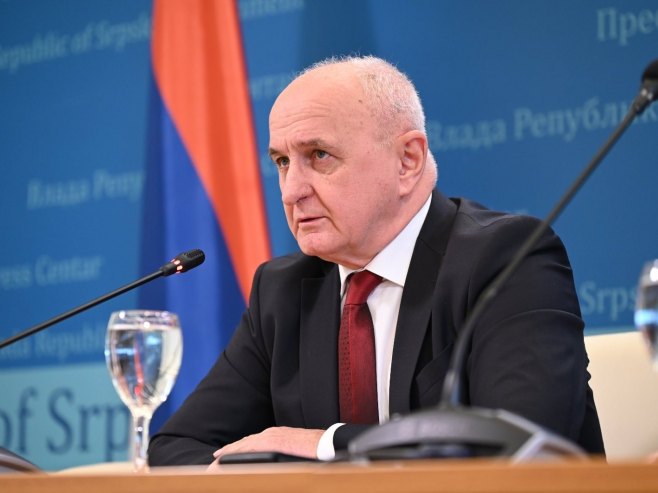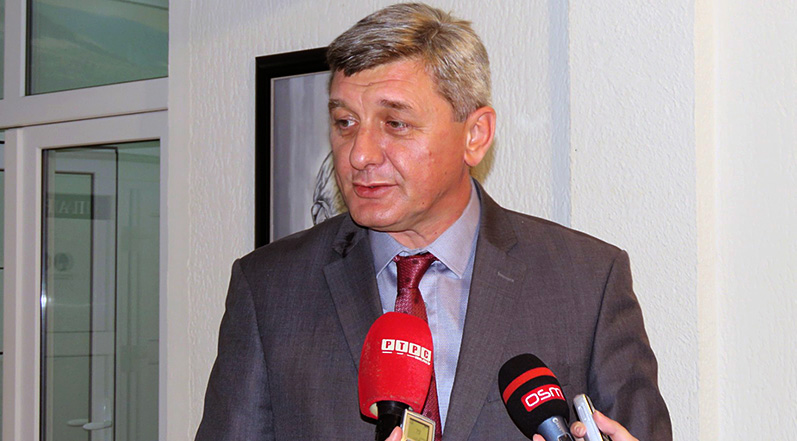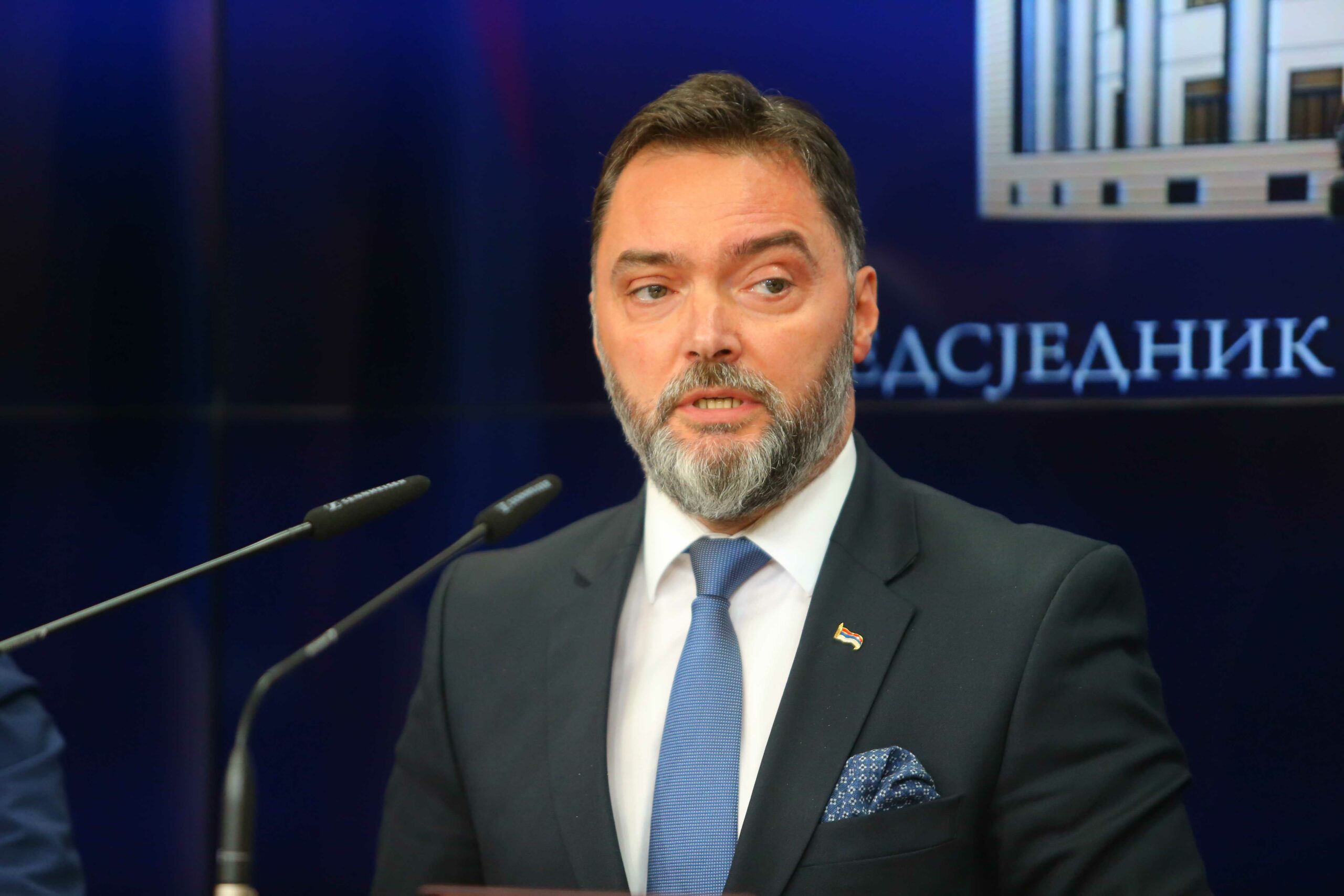The director of the Institute of Historical Sciences at the University of East Sarajevo, Draga Mastilović, believes that the initiative to declare Pale the capital of Republika Srpska is historically, politically, and sociologically justified.
“In terms of the definition of the term ‘capital’—whether in a historical, political, or sociological context—it has long been understood as the place where the ruler’s throne is located, often signifying a seat of power or having other significant connotations,” Mastilović explained in an interview with Srna.
He noted that it is not uncommon for a country to have both a main capital and a ceremonial or historical capital, as is the case in Montenegro and other countries.
Mastilović said that the term “capital” signifies a place that, during a specific historical period, served as not only a political center but also played a key role in the nation’s development. In this sense, the title of “capital” is a tribute to the location.
PALE DESERVES THE HONOR OF BEING THE CAPITAL OF REPUBLIKA SRPSKA
“In this context, when we talk about Pale as the future capital of Republika Srpska, we must acknowledge that it truly served this role during the Defensive-Fatherland War (1992-1995), when the political representatives of the Serbs in Bosnia and Herzegovina were forced to leave Sarajevo. Sarajevo, for centuries, held great significance for the Serb people west of the Drina River, with historical evidence confirming the presence of Serbs there since the Middle Ages,” Mastilović emphasized.
He added that by 1992, the political elite of the Serbs could no longer operate in Sarajevo, despite their reluctance to leave a city that had been the administrative center of the Socialist Republic of Bosnia and Herzegovina and had deep cultural and historical ties to the Serbs.
“Under these circumstances, Pale essentially chose itself to be the capital of Republika Srpska, becoming a historic and significant place for the Serb people, especially in the modern history of Serbs west of the Drina River. It was in Pale that the Republic of Srpska and its institutions were born, defining it as a de facto state at that time,” Mastilović explained.
LAW AND RESIDENCE FOR THE PRESIDENT SHOULD BE ESTABLISHED
Mastilović argued that Pale is already recognized as the capital of Republika Srpska, whether officially declared or not.
“It is widely known that during the war, international delegations came to Pale to negotiate, and all significant political decisions were made there. Therefore, it is essential to formalize this by law,” Mastilović said, stressing the need for the construction of an official presidential residence in Pale.
He welcomed the support of Republika Srpska’s President Milorad Dodik, who recently stated that the designation of Pale as the capital would honor its significant role for the Serb people.
Mastilović also highlighted the importance of institutions like the University of East Sarajevo, which includes the Institute of Historical Sciences, and the potential for developing archives and cultural institutions in the area.
“Completing the Museum of Republika Srpska in Pale and establishing an archive for the city of East Sarajevo would be essential for preserving the historical record,” Mastilović suggested.
MUSEUM, ARCHIVE, AND MONUMENTS – SYMBOLS OF SERB CULTURAL MEMORY
For the capital to thrive, it will need a well-funded development budget, according to Mastilović.
The Institute has also initiated the idea of erecting a memorial plaque in Pale to commemorate November 6, 1918, when the Serbian army entered Sarajevo, bringing freedom after centuries of foreign rule.
“Unfortunately, everything in Sarajevo that reminded people of those days has been erased, including Ranković Square and other significant places like Voivode Stepa’s Avenue,” Mastilović lamented.
He expressed satisfaction that the initiative to declare Pale the capital has garnered support from Republika Srpska’s highest authorities, particularly from President Dodik, which assures the law will pass in the National Assembly and lead to the modernization of Pale as a contemporary local community.
“I am also pleased that this initiative has been positively received in Serbia, the region, and among our Russian friends, who have long been supporters of the Serb people,” Mastilović concluded.
Source: RTRS









